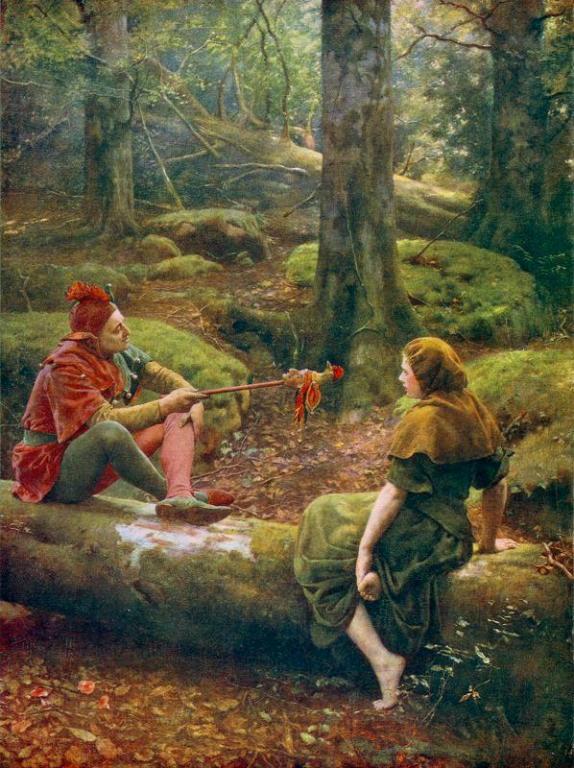
Continuing with some notes from Alister E. McGrath, A Fine-Tuned Universe: The Quest for God in Science and Theology (Louisville, KY: Westminster John Knox Press, 2009):
The existence of stars rests on several delicate balances between the different forces of nature. These require that the parameters that govern how strongly these forces act be tuned just so. In many cases, a small turn of the dial in one direction or another results in a world not only without stars, but with much less structure than our universe. (cited on xi, from Lee Smolin, The Life of the Cosmos [New York: Oxford University Press, 1997], 37)
“Religious faith,” wrote William James, is basically “faith in the existence of an unseen order of some kind in which the riddles of the natural order may be found and explained.” (cited on 1, from William James, The Will to Believe [New York: Dover Publications, 1956], 51)
“The pursuit of discovery,” Michael Polanyi noted, is “guided by sensing the presence of a hidden reality toward which our clues are pointing.” (cited on 2, from Michael Polanyi, The Tacit Dimension [Garden City, NY: Doubleday, 1967], 24)
An image from Michael Polanyi: Where some hear a noise, others hear a tune. (paraphrased on 3, from Michael Polanyi, “Science and Reality,” British Journal for the Philosophy of Science 18 [1967]: 177-196, especially 190-191)
Our capacity for discerning meaningful aggregates, as distinct from chance aggregates, is an ultimate power of our personal judgment. It can be aided by explicit argument but never determined by it: our final decision will always remain tacit. (cited on 3, from Michael Polanyi, “Science and Reality,” British Journal for the Philosophy of Science 18 [1967]: 191)
There is an obvious parallel here with Shakespeare’s As You Like It (1599-1600), in which the good Duke Senior is exiled to the Forest of Arden, where, like Robin Hood, he lives close to nature with his faithful followers. There he reflects that he might be able to learn more from nature than from the corrupt court from which he has been banished:
And this our life exempt from public haunt
Finds tongues in trees, books in the running brooks,
Sermons in stones and good in every thing. (II.i.15-17)
But actually, comments Professor McGrath,
Nature . . . discloses nothing. It does not “speak” because it is mute. The construction of meaning is the creative work of the human mind, as it reflects on what it observes. Nature has “no tongue to plead, no heart to feel”; its role is limited since it can “only be.” (4, citing Gerard Manley Hopkins, “Ribblesdale” [1883])












